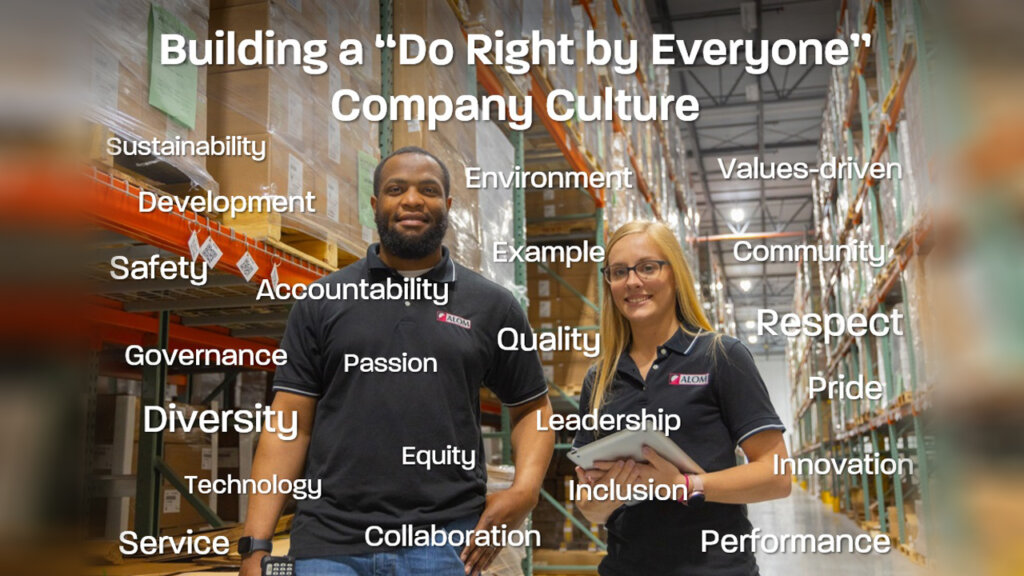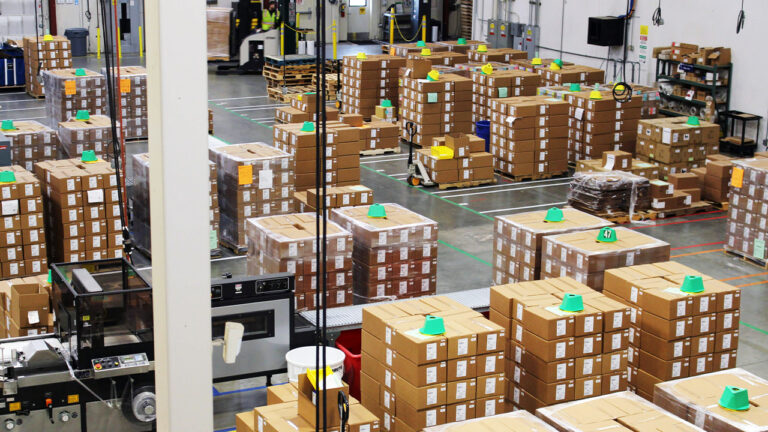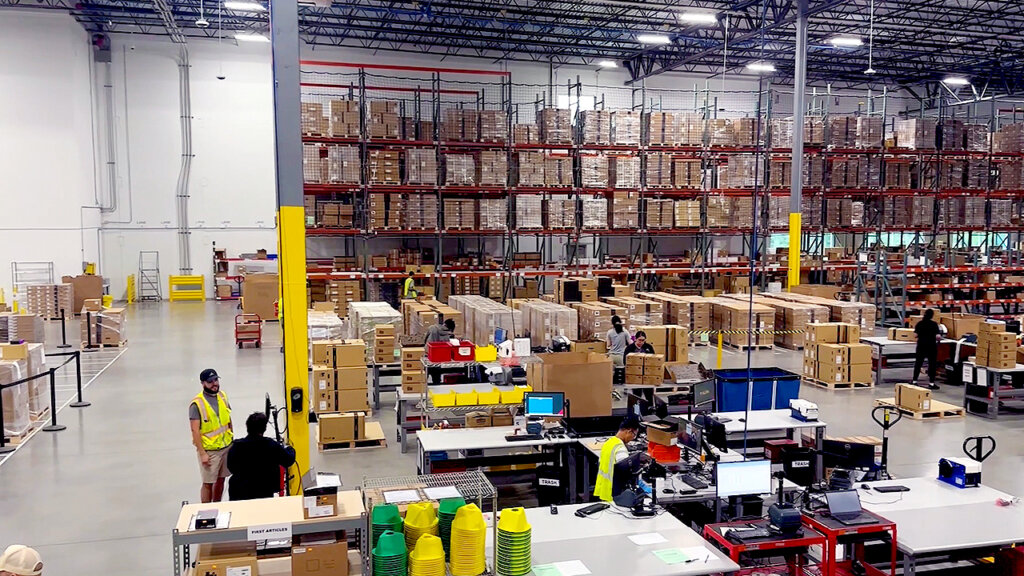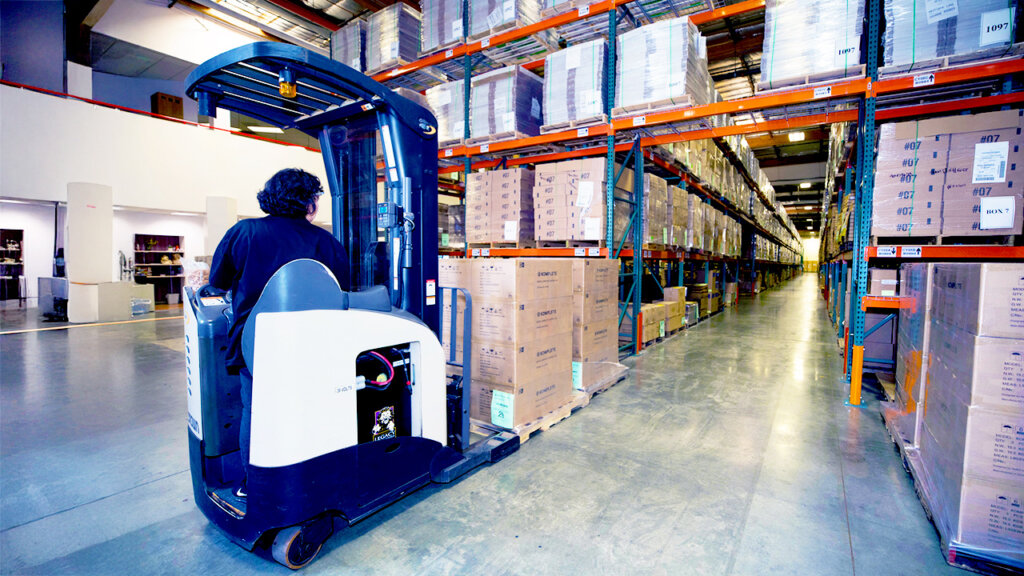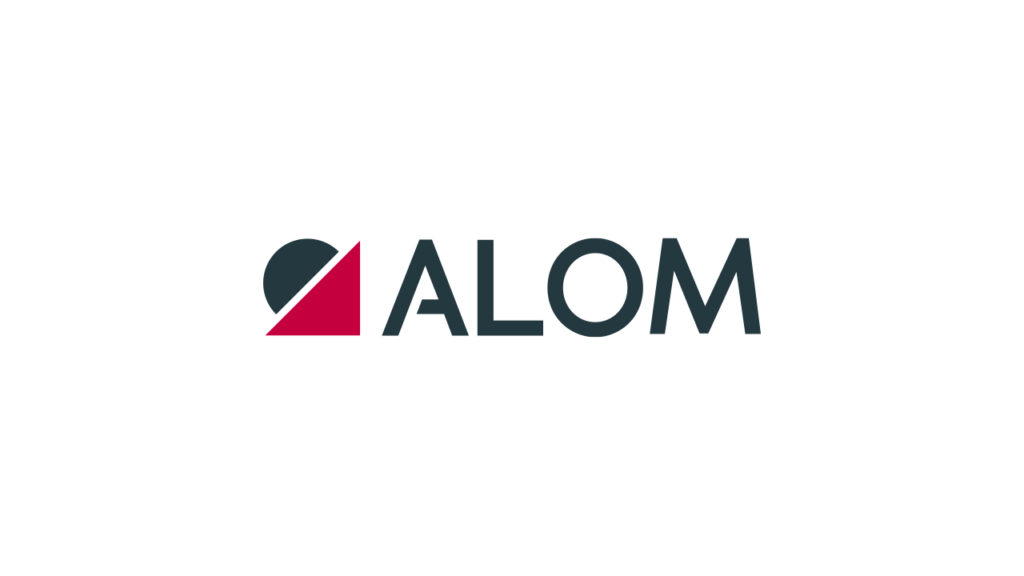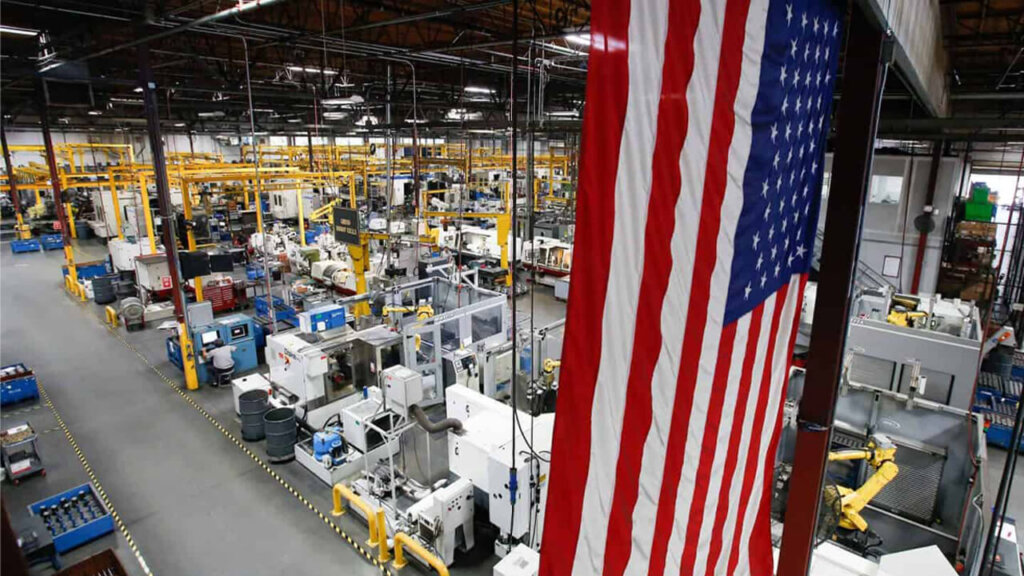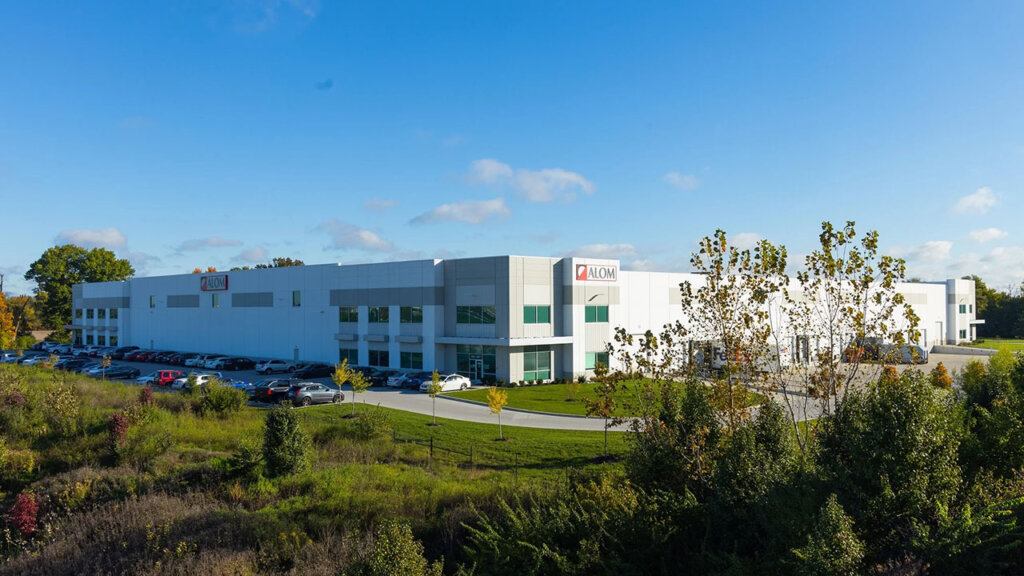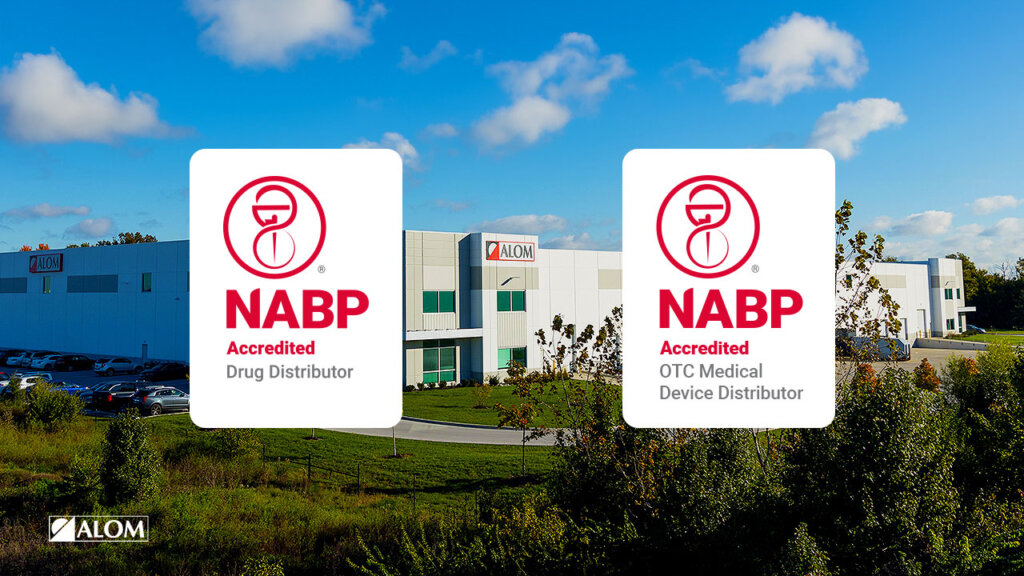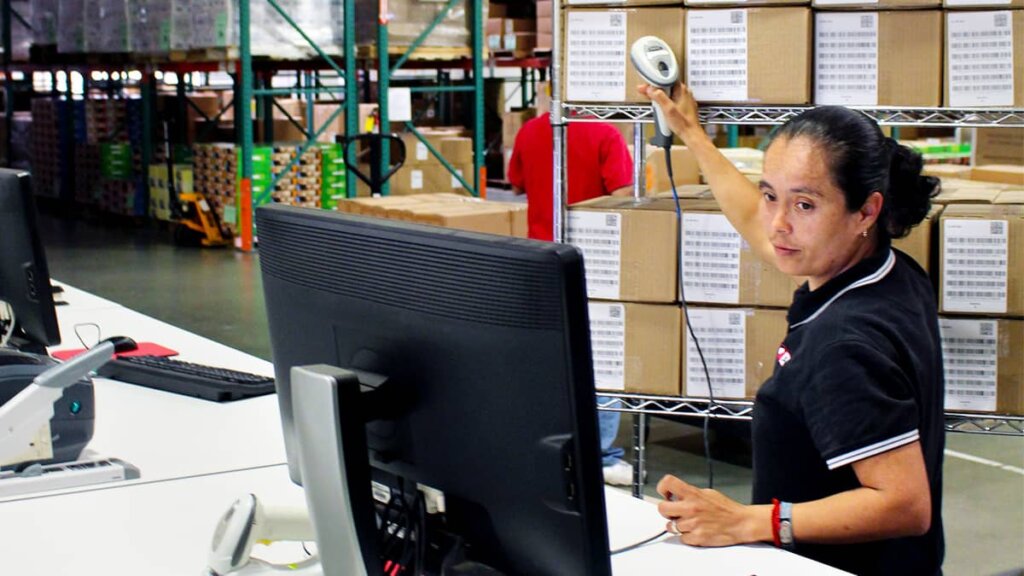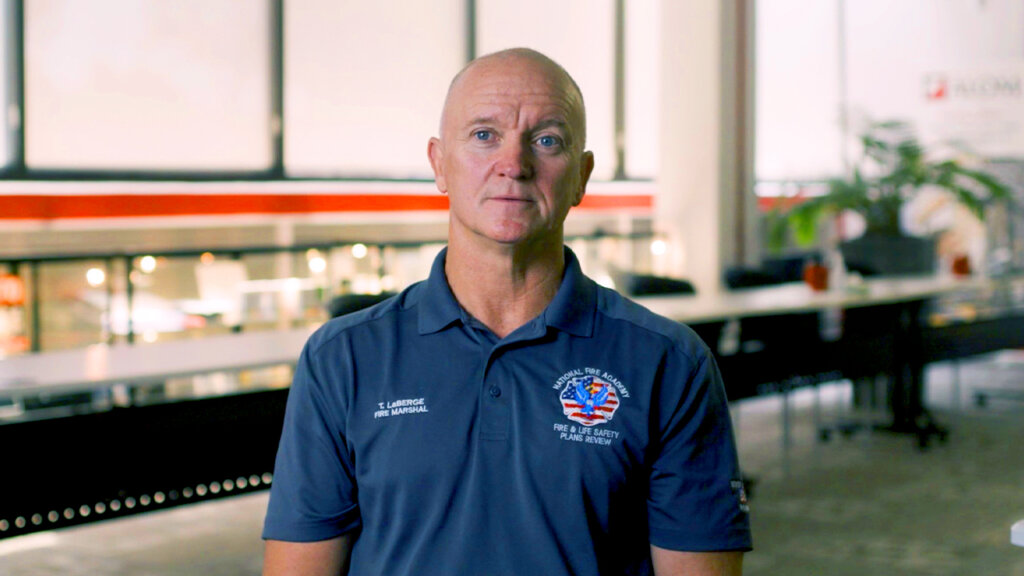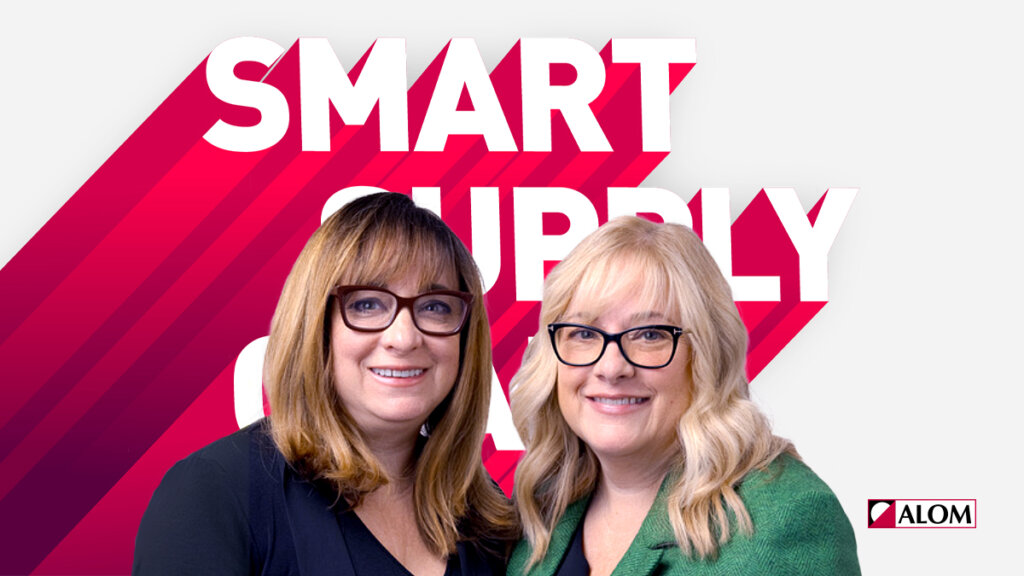Can I create a supply chain company that does right by everyone? Customers, of course, but also employees, suppliers and communities. Can I include the planet as a stakeholder? These were some of the questions I asked myself and my cofounders when starting ALOM over 26 years ago.
I had occasion to revisit these questions several times over the last months. ALOM’s Head of People, Paul Vagadori, and I were presenting on the positive impact our company culture has had on staff recruitment, retention, and engagement at the Manufacturing Leadership Council annual Rethink Conference this past June. In 2022, we proudly won the MLC category award for our Cultural Transformation. This year, we shared our learning. While nobody has all the answers when it comes to developing a productive culture, it certainly helps, and probably is critical to have fundamental values to lean on.
Culture is shifting all the time. New staff members bring new insights and enhance the culture. Yet the basic core values are what define a company. As we’ve expanded over the years, these foundational values have provided us with a compass to navigate change and progress.
In an era marked by a talent crisis in supply chain, the talent wars are as real as the trade war between the U.S. and China. Acknowledging the significance of the talent war can profoundly impact a company’s trajectory, either propelling it toward success or hampering its ability to thrive.
However, the pursuit of talent doesn’t conclude with recruitment. In the U.S., employee engagement is now at 31%, according to Gallup. A staggering 2/3 of all employees are not truly engaged in their work. This number must give everyone pause, and especially managers and CEO’s. Consider the competitive advantage of having an engaged workforce. Or, reversely, the danger of having a non-engaged workforce – and especially a non-engaged workforce working from home.
Again, I was reminded of our core values as we published our annual ESG report this summer. Back at ALOM’s 1997 start, ESG was not a term; yet all the key elements of ESG were built into our business plan from the start. Today, ESG is an integral part of supply chain management, at least in progressive organizations. Much like quality, it is not the responsibility of a specific function, but is an integral part of each job function.
Employee engagement around ESG is remarkable with ideas and suggestions rising throughout the company and being implemented, often seamlessly. We see staff rallying around sustainability with departments collaborating. The remarkable results are reflected in the report.
Finally, I was reminded of the importance of constantly listening and developing our culture. An internal survey showed that we had pockets within the organization deviating from some of our core values. Managing a streamlined supply chain takes constant vigilance. But so does cultural alignment and employee engagement. Without that alignment and engagement, we cannot provide the level of supply chain excellence to “do right by everyone”.
My job is to hire the best and give them the framework, the ability, and the support to succeed. It sounds simple. Yet when humans are involved, it is never really simple. In the end, that’s what is keeping me passionate and engaged.
